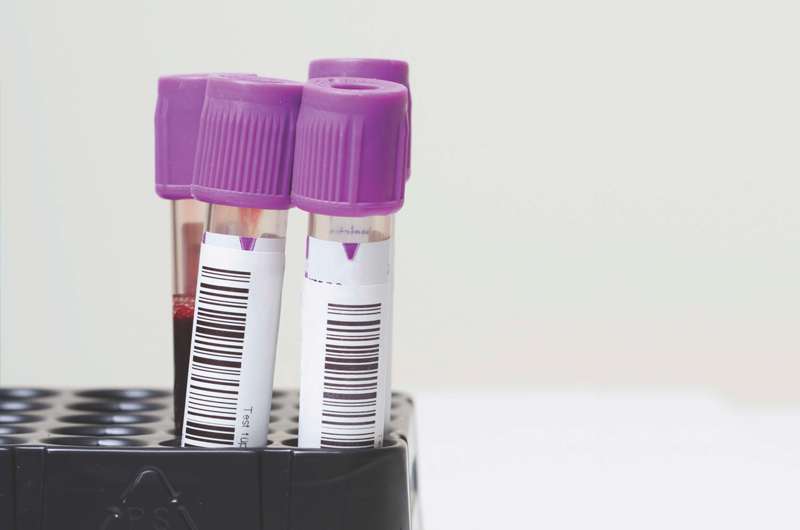Reducing Routine Inpatient Blood Testing
Oct 25, 2022 - Research
Practice pointer featured in the BMJ on reducing repetitive or routine blood work that does not add value to patient care.
Read More in the BMJReducing Routine Inpatient Blood Testing
Oct 25, 2022 - Research
Practice pointer featured in the BMJ on reducing repetitive or routine blood work that does not add value to patient care.
Read More in the BMJ
While blood tests are an important diagnostic tool, repetitive or routine testing in clinically stable patients contributes to low-value care. Multiple blood draws can be harmful to patients, lead to hospital-acquired anemia, and further unwanted investigations. Studies have shown that repetitive blood draws for hospitalized patients may be avoidable up to 60% of the time.
What are the barriers to change?
Clinicians may order blood tests with the intent of excluding a diagnosis, helping with prognostication, or enhancing patient safety. Similar to other drivers of low-value care, clinician habits, institutional culture, fear of litigation, and requests from patients or caregivers can contribute to ordering routine blood testing.
How should practice change?
In this BMJ article, international authors suggest targeted quality improvement interventions—such as focused educational initiatives and audit and feedback—can be effective in reducing routine or repetitive blood tests in stable patients.
